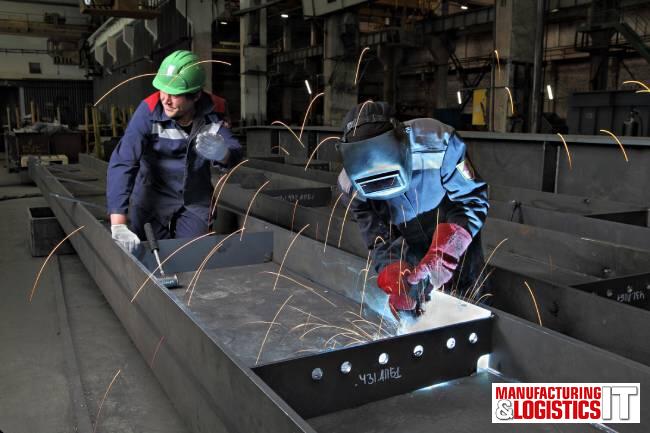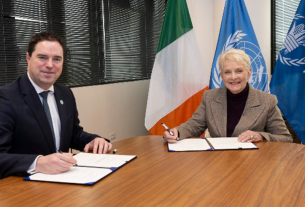Following the Autumn Statement, many manufacturing businesses may breathe a sigh of relief as the Finance Minister announced that he was making permanent the tax incentives for businesses to invest that he introduced earlier in the year.
New data, sheds further light on the current business climate as UK manufacturers say it’s harder to do business now than during the pandemic, with 83% of manufacturers saying the past six months have presented significant challenges, citing interest rate increases (40%), upward pressure on wages (26%), and increasingly complex global supply chains (23%).
As a result of challenging economic conditions, UK manufacturers are streamlining their operations and costs, focusing on protecting margins and incorporating AI into supply chains. A further 58% of manufacturers have started to reshore their supply chains – a process in which companies move production from overseas to the countries where goods are sold.
In reality, a whopping 90% of manufacturers engaged in the reshoring process report successful outcomes. A significant quarter of them (26%) are enjoying enhanced value and heightened security, while simultaneously witnessing a reduction in costs (24%). These positive shifts are attributed to supplier price hikes (22%) and advancements in technology (22%). In the future, 82% of manufacturers are planning to increase the pace of reshoring within their supply chains over the next two years.
Talent and costs remain key concerns for business leaders. When asked about the biggest barriers to reshoring, business leaders stated it was concerns about rising prices (38%), followed by rising operational costs (32%), and concerns about supplier management costs (27%). Manufacturers also said their reshoring plans will mean they will need more staff in the UK (47%), and more specialist staff to help with the reshoring process (45%).
Propelled by the opportunity for a more secure supply chain and lower costs, business leaders are also encouraged by technological advancements, saying AI driven tracking platforms (31%), digitalisation in factories (29%), and data analytics for risk management (29%) are enabling the move towards reshoring. Business leaders have also been encouraged by automation as they expect a shorter payback time between making an investment in automation and seeing a return on that investment – 78% of manufacturers say they expect a fast return on investment due to automation in the supply chain.
As manufacturers say they intend to increase the pace of reshoring projects within the next two years, for customers, they expect the key benefits to be cheaper products as business costs come down (35%), the ability to have the products they want faster (34%), and higher quality products (33%). Producing onshore is also expected to have wider ramifications for how the economy operates at large, as multiple different industries benefit from having production onshore.
Paul Ellis, UK MD, Medius, says: “In the face of a tough business landscape, UK manufacturers are navigating a maze of challenges, from interest rate hikes to supply chain complexities and consumer demand shifts.
Despite these challenges, a remarkable 58% of manufacturers are reshoring their operations, spurred on by tech advancements and the opportunity of having greater security within their supply chains, without the hefty price tag which used to be associated with onshore production. And it’s just the beginning, as manufacturers embrace AI and automation, with the promise of not just surviving but thriving in the shifting economic tides.”
Shaun Peal, Technical Director, Mattress Tek: “Many manufacturers seem to be struggling, despite reports that we (the UK) are 8th in the world and the jobs market is back on track. We have taken on four new employees in the last two months alone and so are expanding, growing and winning awards, all down to our lean approach and innovation.
All our machines are designed, built (with British steel and components which we bought in bulk at a fixed price and our precision components arm makes the parts) and tested at our UK site and installed by our own engineers. This approach is passed on to our customers, who seek to implement programmed automation systems to streamline, speed up and optimise production, whilst ensuring better accuracy, safety, productivity and efficiency. It’s a sensible investment in the long run and we even secured funding to prepare the shipment of our machines with the internal construction of pallets and crates, rather than incurring costs and delays through suppliers.”
Methodology
The research was conducted by Censuswide with 1,002 business leaders (senior decision makers+) and financial leaders in the manufacturing industry (UK and US) between 17.10.23 to 26.10.23. Censuswide abide by and employ members of the Market Research Society which is based on the ESOMAR principles and are members of The British Polling Council.



